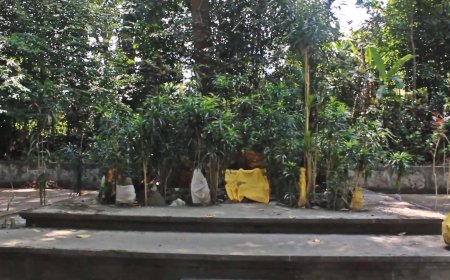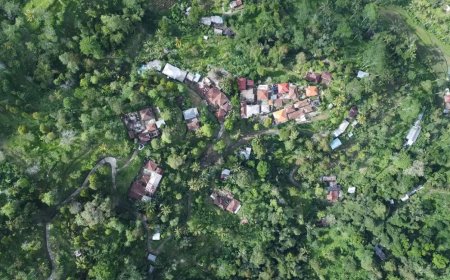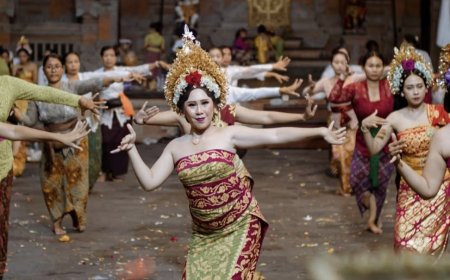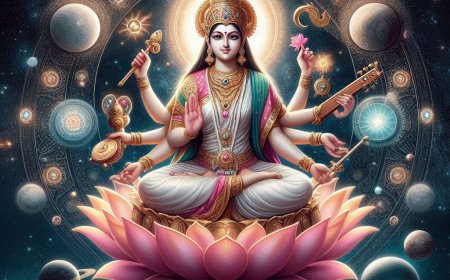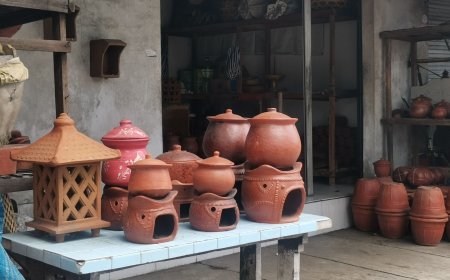Ngaturan Pakelem in Balinese Rituals
Ngatur Pekelem is a sacred ritual of the Balinese people aimed at maintaining harmony between humans, nature, and divine forces. Conducted in sacred waters, this ritual reflects the philosophy of Tri Hita Karana, teaching the importance of balance in life and respect for nature. In addition to preserving tradition, Ngatur Pekelem remains relevant in efforts to sustain environmental conservation in the modern era.
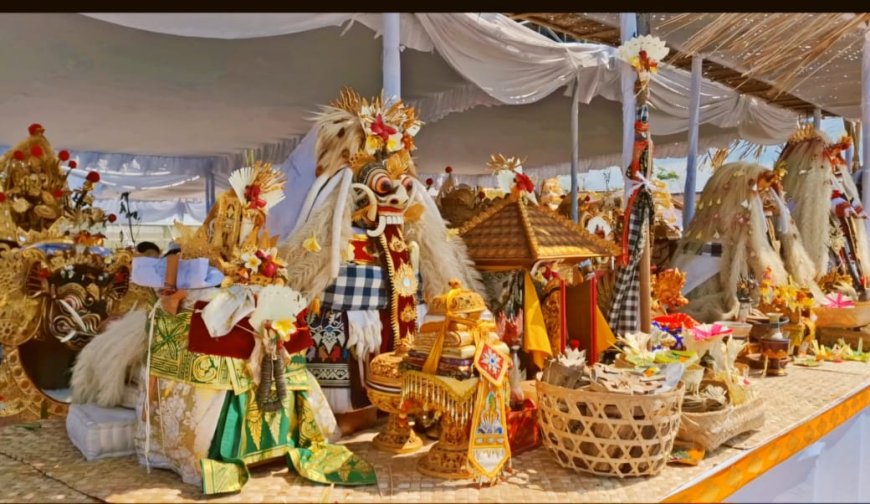
Bali, known as the Island of the Gods, not only captivates with its natural beauty but also with its rich traditions and culture. One sacred tradition with deep spiritual value isNgatur Pekelem. This ritual is part of the local wisdom of the Balinese people to maintain a harmonious relationship between humans, nature, and divine forces.
Etymologically, the term "Ngatur Pekelem" consists of two words: "ngatur", which means to give or deliver, and "pekelem", which refers to offerings that are floated or presented into the water. This ritual is performed to seek safety, balance, and harmony from Ida Sang Hyang Widhi Wasa (God Almighty) through His manifestation as Dewa Baruna, the ruler of the sea, as well as the guardian spirits of nature.
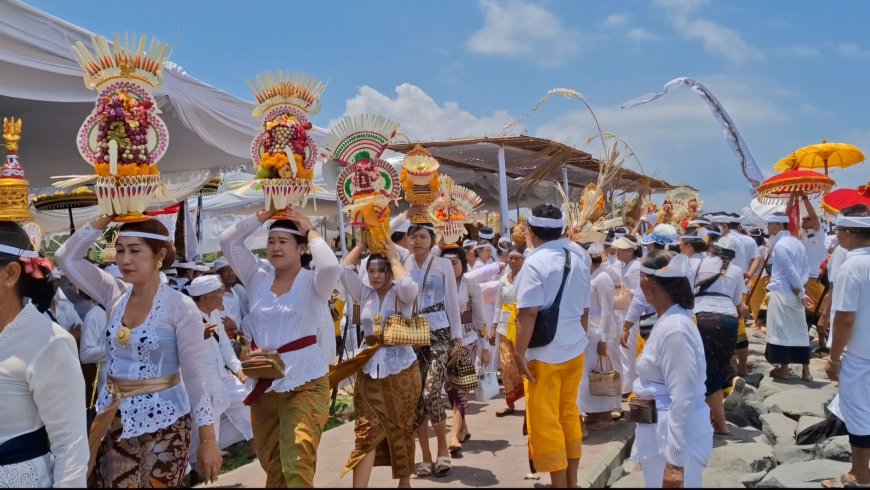
The Series of Ngatur Pekelem Processions (Photo Source: Personal Collection)
Ngatur Pekelem is usually performed at beaches, lakes, or other sacred water sources. Water, in Balinese Hindu belief, is considered a sacred element that can cleanse and connect humans to higher spiritual dimensions. Therefore, the execution of this ritual often touches deeply on spiritual, ecological, and philosophical aspects.
The tradition of Ngatur Pekelem has existed since the era of Balinese kingdoms. This ritual is often associated with the beliefs of agrarian communities who live in harmony with nature. When nature gives signs of imbalance, such as natural disasters, droughts, or outbreaks of disease, the Balinese people believe that these are forms of communication from the universe that need to be responded to with ritual offerings.
Ngatur Pekelem serves as a means to "rebalance" the energies of nature that are perceived as disrupted. In ancient texts like Lontar Yadnya Prakerti and Lontar Sundarigama, it is mentioned that this ritual is part of the Bhuta Yadnya ceremonies aimed at calming nature spirits and maintaining harmony between humans and their environment.

Offerings Containing Canang and Daksina (Photo Source: Personal Collection)
The implementation of Ngatur Pekelem involves several stages carried out with deep reverence. Below are the main stages: Preparation of Ritual Materials: Preparing the ritual materials is a crucial initial step. These materials include various types of banten (offerings), such as:Pejati: The main offering containing symbols of the universe,Daksina: A symbol of respect to God,Canang sari: A daily offering to seek blessings and balance.
In larger rituals, animals such as chickens, ducks, or pigs may be used as symbolic offerings. These animals are chosen based on specific rules outlined in the sacred Hindu texts of Bali.Location of the Ritual: The location for Ngatur Pekelem is usually chosen based on the water element. Seas, lakes, or sacred springs are often selected, as water is considered an element capable of carrying offerings to the spiritual realm. The location is also determined based on guidance from religious leaders or through the ngayah (spiritual meditation) process.
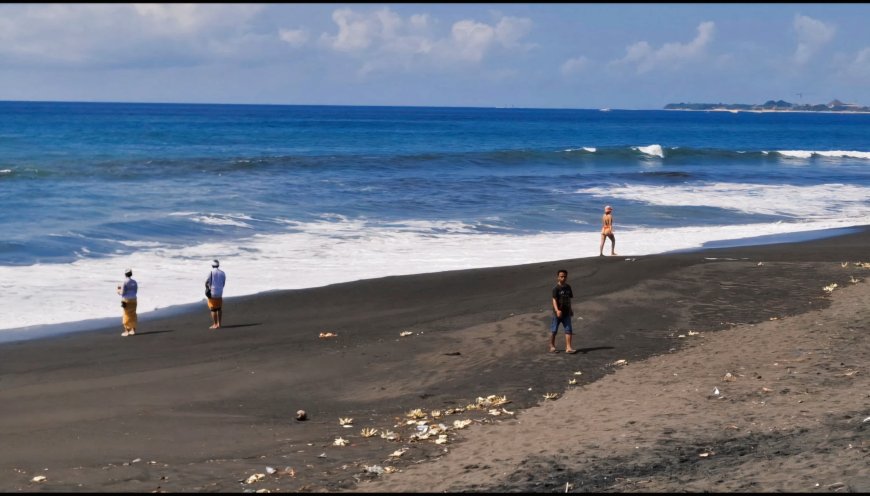
Illustration of the Ngatur Pekelem Procession (Photo Source: Personal Collection)
The ritual is led by a priest or pemangku. Special prayers are recited to seek blessings from Ida Sang Hyang Widhi Wasa and His manifestations. Offerings, including animals or banten, are then floated or released into the water as a symbol of returning energy to the universe.After all the offerings are released, the ritual concludes with a prayer of gratitude. This prayer is intended to ensure the ritual's goal is achieved: the creation of harmony, safety, and balance for all living beings.
Ngatur Pekelem is not just a ritual but also a manifestation of the philosophy of Tri Hita Karana, which emphasizes the importance of maintaining harmonious relationships between three aspects of life: humans with God, humans with others, and humans with nature. Through this ritual, the Balinese people are taught to always be grateful, humble, and respectful of nature as the giver of life. Another philosophical meaning is a reminder of the importance of balance in life. When humans take too much from nature without giving back, imbalance occurs. Ngatur Pekelem is a form of "giving back" positive energy to the universe.This ritual also reflects mutual respect between humans and the forces of nature. In the Balinese worldview, the forces of nature are not something that can be entirely controlled by humans but must be respected and maintained to preserve harmony.
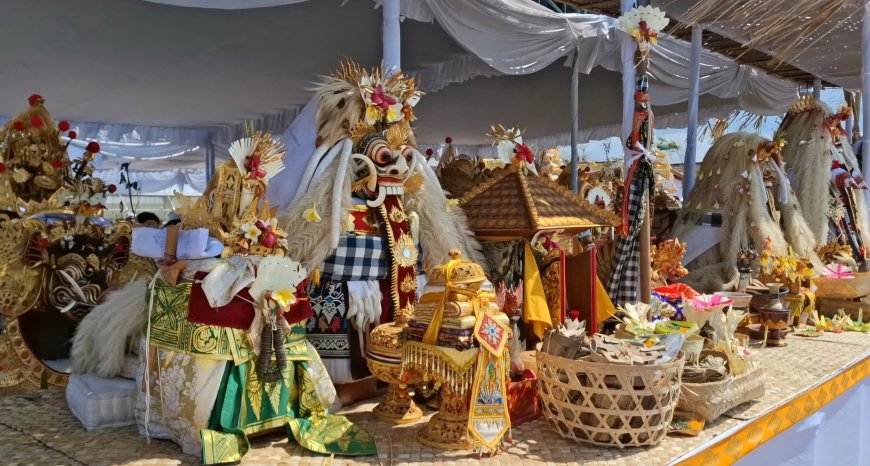
Ida Sesuhunan Bhatara Sakti Pura Dalem Delod Tukad (Photo Source: Personal Collection)
In the modern era, the values contained in Ngatur Pekelem remain relevant, especially in facing environmental challenges such as climate change and ecosystem damage. This ritual teaches the importance of maintaining a good relationship with nature, respecting the existence of natural elements, and living in harmony with the environment.Additionally, Ngatur Pekelem is also a part of preserving Balinese culture. Through this ritual, younger generations are taught to love and uphold ancestral traditions so that the spiritual and ecological values embedded within them remain alive and relevant across ages.
Not only for the Balinese community, Ngatur Pekelem also conveys a universal message about the importance of living in harmony. On a global scale, this ritual can serve as inspiration for maintaining ecosystem balance, conserving natural resources, and fostering harmonious relationships between humans and the environment.
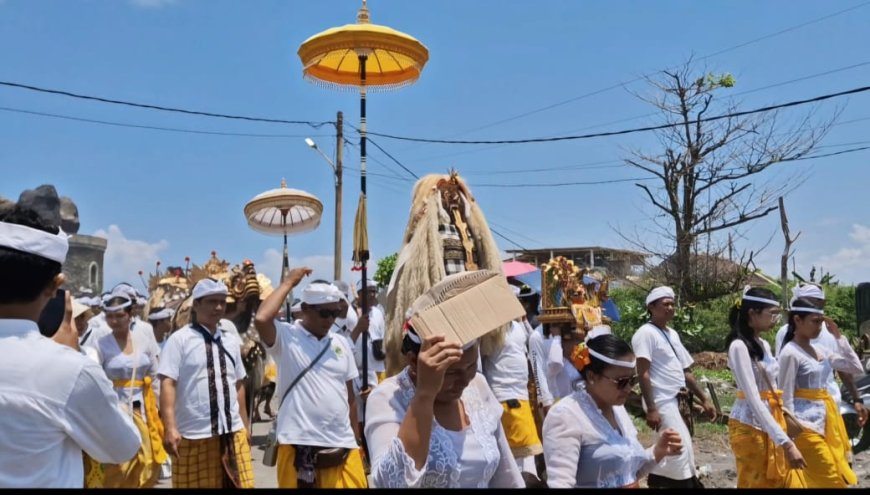
In preserving traditions like Ngatur Pekelem, the roles of indigenous communities and the government are crucial. Indigenous communities bear the responsibility of maintaining the authentic values of this ritual, while the government can assist in terms of regulations and funding to ensure that the tradition is not eroded by modernization. Furthermore, rituals like Ngatur Pekelem can be a cultural tourism attraction that educates, as long as they are conducted while preserving their sacredness.
Various cultural preservation programs, such as training for younger generations and documenting rituals, are also needed to ensure this tradition does not disappear. The Bali regional government, through the Department of Culture, has made efforts to recognize traditions like Ngatur Pekelem as cultural heritage on national and international levels.
Ngatur Pekelem is a tangible manifestation of the Balinese people's local wisdom in maintaining harmony with nature. This ritual is not only rich in spiritual meaning but also contains moral and ecological messages that are highly relevant to modern life. Through Ngatur Pekelem, the Balinese remind the world of the importance of maintaining balance and harmony between humans, nature, and divine forces. By preserving traditions like Ngatur Pekelem, Bali not only safeguards ancestral culture but also contributes significantly to global ecosystem balance. This ritual serves as a reminder that human life is inseparable from nature, and preserving nature is the highest form of respect to the Creator. The implementation of Ngatur Pekelem is not merely a ritual obligation but also a concrete action in ensuring the sustainability of life on Earth.
